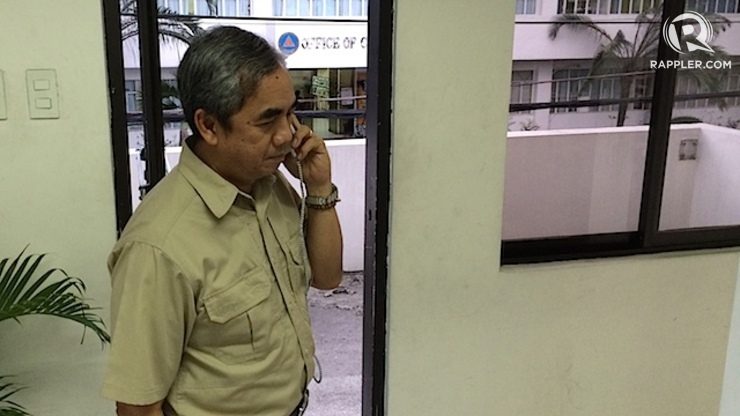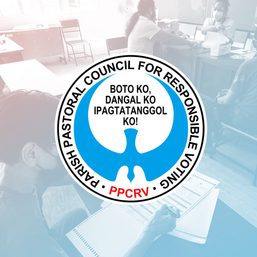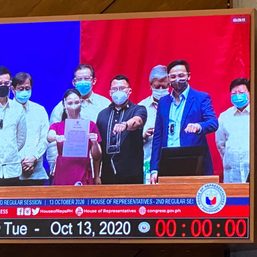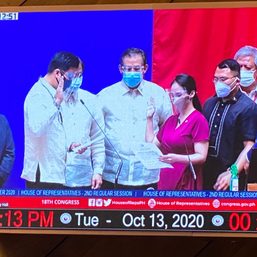SUMMARY
This is AI generated summarization, which may have errors. For context, always refer to the full article.

MANILA, Philippines – The United Nations Office for Disaster Risk Reduction (UNISDR) said it is impressed with the Philipines’ preparations for Typhoon Ruby (Hagupit), which involved the preemptive evacuation of at least one million Filipinos in the typhoon’s path. (READ: #RubyPH: One of ‘largest peacetime evacuations’ in PH history)
“UNISDR believes that the Philippines government has done an excellent job of putting into action the lessons learned from Typhoon Haiyan,” UNISDR chief Margareta Wahlström declared as negotiations resumed in Geneva on December 8 on a global agreement on disaster risk management. (Read the UN press statement here.)
In November 2013, Super Typhoon Yolanda (Haiyan), the world’s strongest typhoon to hit land, flattened communities and killed over 6,000 in the Visayas. Ruby (Hagupit) followed Yolanda’s typhoon path, but the initial Category 5 typhoon weakened as it approached the Philippines. Latest but incomplete government report puts the death toll at 11.
“All arms of government, including PAGASA and the National Disaster Risk Reduction and Management Council, and municipalities like Tacloban have pulled together to save lives and minimize the damage being inflicted by this disaster event,” Wahlström noted.
She said the handling of Hagupit shows “Asia’s leadership role” in reducing mortality and managing economic losses from disasters. (READ: Disasters and early warning)
“We have been telling this story since the Indian Ocean tsunami ten years ago that nations and communities have the power to reduce their losses if they are well-organized, understand the nature of risk and develop the capacity to deliver early warnings and evacuate groups at risk ahead of the disaster event,” she added.
UNISDR noted recent decline in casualties due to extreme weather events because of the growing culture of disaster risk reduction.
The Philippines is among the most populous and hazard-exposed countries along with China, India, Indonesia, and Bangladesh. – Carmela Fonbuena/Rappler.com
Add a comment
How does this make you feel?




![[PODCAST] Beyond the Stories: Ang milyon-milyong kontrata ng F2 Logistics mula sa Comelec](https://www.rappler.com/tachyon/2021/11/newsbreak-beyond-the-stories-square-with-topic-comelec.jpg?resize=257%2C257&crop_strategy=attention)





![[EDITORIAL] Ang low-intensity warfare ni Marcos kung saan attack dog na ang First Lady](https://www.rappler.com/tachyon/2024/04/animated-liza-marcos-sara-duterte-feud-carousel.jpg?resize=257%2C257&crop=294px%2C0px%2C720px%2C720px)
![[Free to disagree] How to be a cult leader or a demagogue president](https://www.rappler.com/tachyon/2024/04/TL-free-to-disagree.jpg?resize=257%2C257&crop_strategy=attention)
![[OPINION] Can Marcos survive a voters’ revolt in 2025?](https://www.rappler.com/tachyon/2024/04/tl-voters-revolt-04042024.jpg?resize=257%2C257&crop=251px%2C0px%2C720px%2C720px)
![[Edgewise] Quo vadis, Quiboloy?](https://www.rappler.com/tachyon/2024/03/quo-vadis-quiboloy-march-21-2024.jpg?resize=257%2C257&crop_strategy=attention)
There are no comments yet. Add your comment to start the conversation.